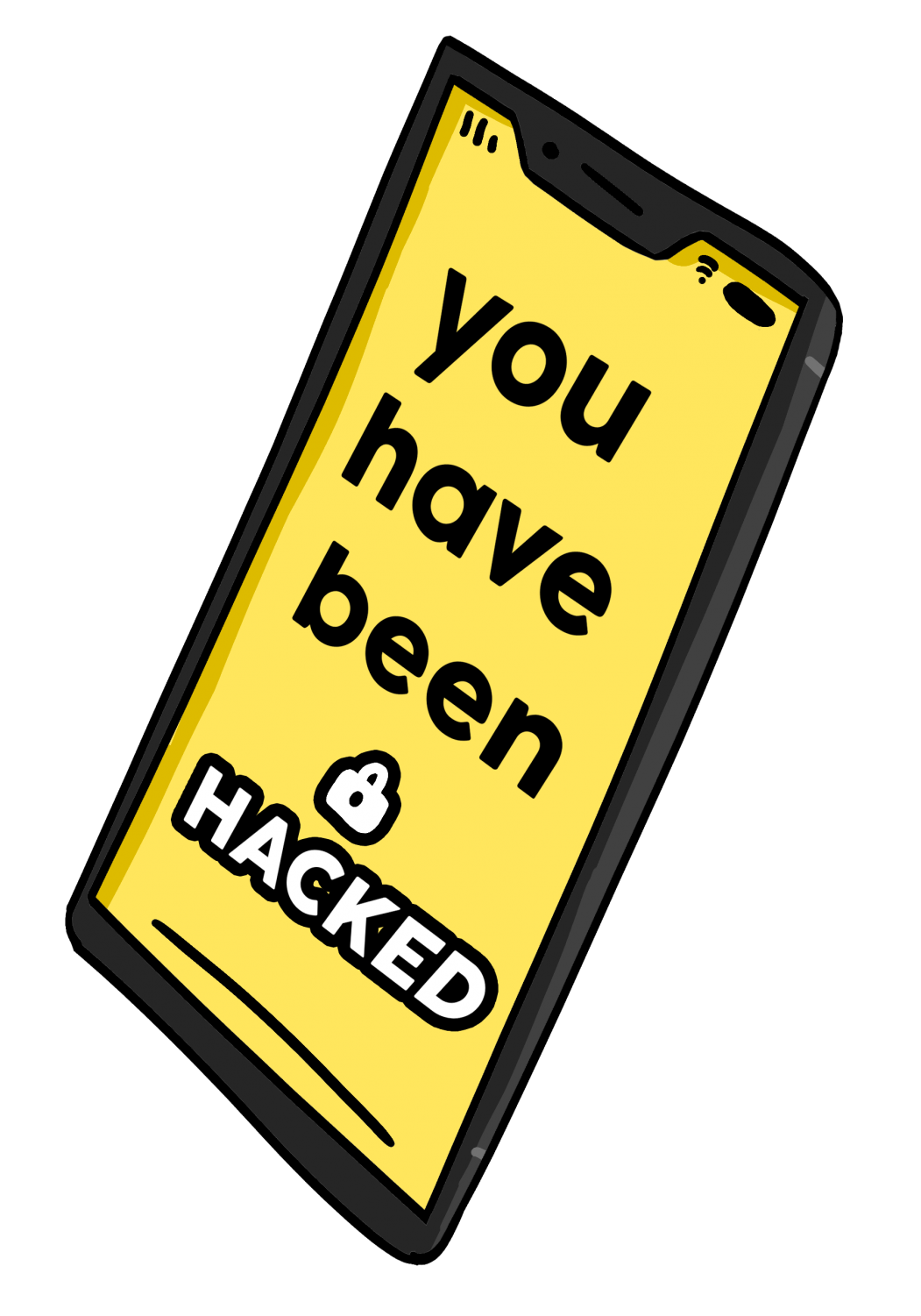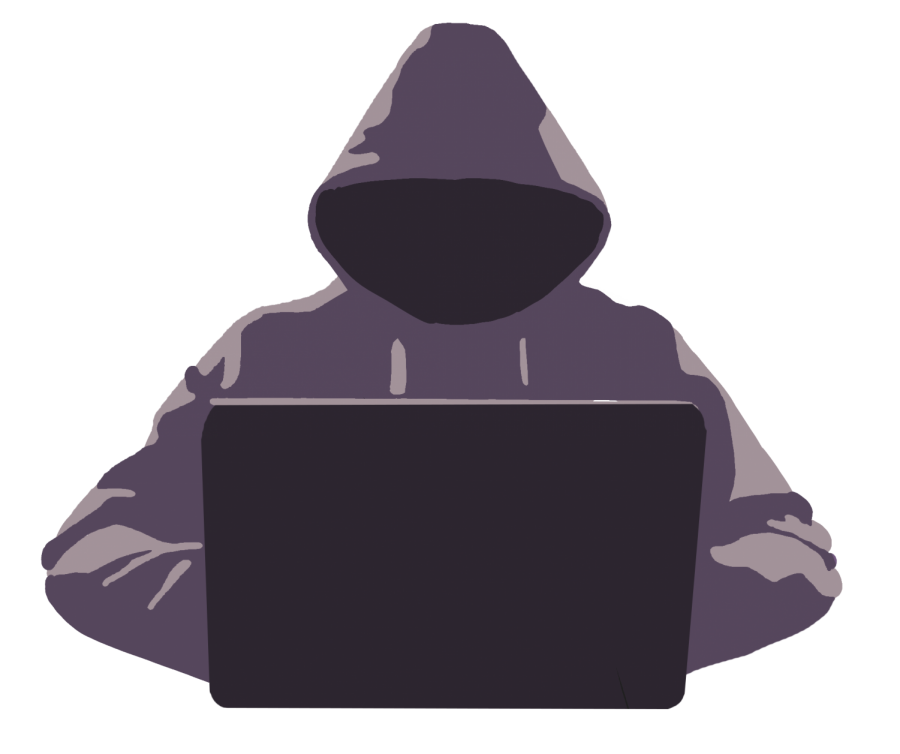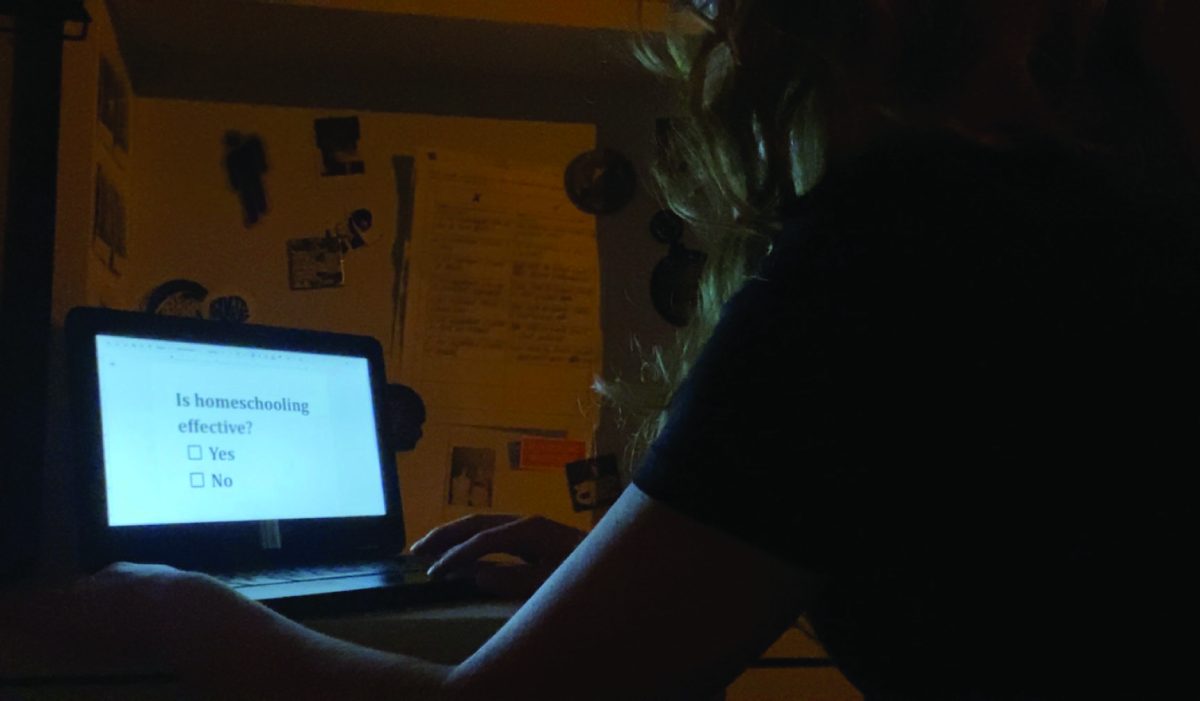Hackers are Harvesting; Social media is their goldmine
March 12, 2019
 The popularity of social media is growing, along with the variety of platforms. While social media is becoming more popular, the risk of being hacked is increasing. Hackers have more routes to hacking than ever before. Just simply owning a social media account – even if you do not post anything – puts you at a high risk. Be careful, or you could be a victim too – of anything from catfishing to hacking. Hacking has been around for a long time. Ever since computing technology was invented, hacking has been in existence.
The popularity of social media is growing, along with the variety of platforms. While social media is becoming more popular, the risk of being hacked is increasing. Hackers have more routes to hacking than ever before. Just simply owning a social media account – even if you do not post anything – puts you at a high risk. Be careful, or you could be a victim too – of anything from catfishing to hacking. Hacking has been around for a long time. Ever since computing technology was invented, hacking has been in existence.
According to Arthur Iinuma, a cryptocurrency enthusiast and contributor to Forbes Magazine, even before the online world existed, computers with password protection were being exploited. In an article for Forbes, Iinuma writes that hacking can be traced back to the 1960s. “In 1965, MIT researchers found an exploit in a time-sharing software, where if more than one user attempted to access an editor, the system — only designed for use by a single person at a time — would erroneously swap the password file, exposing the other users’ passwords and allowing for access by that party,” Iinuma wrote.
The risk of being hacked became much greater once social media was created. As you probably have heard before, nothing online can truly, completely be deleted. Yes, there are delete buttons, but something as simple as a screenshot could keep your information stored and shared with others forever – and hackers will be harvesting.
Anything you post, share or like can be stored and harvested. Even posting a cute photo of your dog on Instagram could put you at risk. According to Cyber expert and author of ‘Catching the Catfishers’ Tyler Cohen Wood, people should post with caution and be more aware of what information they put out into the world – especially pictures. “Photos contain EXIF data – information about the camera you took the photo with. This is important to know, because someone can use that data to pull the exact geographic location of where that photo was taken.”
Just something as simple as the information shared in bios on social media sites can be the pot of gold for hackers, as it contains the type of information used to personalize phishing scams – attempts by scammers and hackers to trick people into giving out personal information. Due to this, it is important to be informed and understand programming in the online world.
”If you’re programming online without knowledge of hacking, you will definitely end up being hacked yourself,” senior Taylor Bernt said. According to many LSE students, Bernt is known as a “programming genius.” He is very informed on hacking and has competed in many hacking competitions.
“Social media is a big target for a hacker because there’s so much information collected that could be abused, including information ideal for identity theft,” Bernt said. “By hacking your social media, somebody could potentially gain access to any information linked to that account, which is something becoming more and more popular by social media sites these days. So, for example, if your Facebook account is hacked, not only will all your private profile information be exposed, but also all your Facebook Messenger messages, any apps authorized using Facebook and any other websites that happen to use the same email and password as your Facebook account.”
It is always important to be careful of what you are sharing with the online world. According to BJ Foster, the director of content creation at All Pro Dad, a team of people who bring intentional focus to fathers, there are three questions you should ask yourself before posting online: “Would you be comfortable with a future boss or the principal of your school seeing it? Are you okay with your grandmother seeing this? Can someone that doesn’t like you use it against you?”
As mentioned before, nothing can truly be deleted. Let’s suppose that in 10 years from now, you apply for a representative position at an insurance company. The hiring manager reviews your application and thinks it looks amazing. So, they look up your name on social media. Your posts are filled with illegal activities that the hiring manager is now scrolling through and, unfortunately, you are not hired. This is why we need to be smart and aware of what we post and who can see it.
The more personal information you release into the online world, the more your risk of being hacked grows. As with just about everything, hacking has pros and cons.
“I do think hacking has had a pretty sizable impact on society,” Bernt said. “You’ve heard of all the security breaches that have happened with people’s passwords or personal information being stolen or governments hacking each other. This is obviously unethical and should stop.”
However, Bernt argues that the solution to this ongoing problem isn’t necessarily to ban all forms of hacking. “If a bad person learns to hack, they’re probably going to do bad things with it because that’s the first thing they think of. A good person would take the knowledge of hacking and use that knowledge to better the security of a system or network.”
For example, according to Bernt, a network security specialist could use their hacking talents for good and can protect clients against malicious hackers. “Hacking doesn’t change your morals, it just makes them clear. But this can be said about many things: weapons, money, free speech, etc. Hacking is just another outlet that bad people can abuse,” Bernt said.
Any hacker that finds your digital tracks and follows them, which will lead to hacking, will gain access to all of your contacts. When you use social media to comment on retailers, restaurants or services, the hacker gains access to your browsing and shopping history. This is why it is so important to be careful of everything you do on social media, and to update your passwords regularly. It is also important to pay attention to the messages and emails you receive, as scams are becoming more popular these days.
Sheera Frenkel, a cybersecurity journalist for The New York Times, explains it best in an article titled ‘Hackers Hide Cyberattacks in Social Media Posts.’ “The human error that causes people to click on a link sent to them in an email is exponentially greater on social media sites… because people are more likely to consider themselves among friends. Once one person is compromised, attacks can move quickly through that person’s friend network, leading to what [Pentagon] officials described as a nightmare situation.”
The impact that hacking has had and will have on society is still unpredictable. It is important to watch your tracks and be cautious of what you do online, because hackers are harvesting and social media is their goldmine.
HOW TO AVOID GETTING HACKED
1. BE SUSPICIOUS OF EMAILS
Cyberattacks are usually pitched through emails, as well as phishing scams. Make sure the sender is who they say they are, and check the IP address to be extra cautious.
2. CHECK LINK LOCATIONS
Clicking on an unknown link could lead you to a site that could be unsecure and infected with viruses and malware, or it could be mimicking a different site and cause you to fall prey to phishing scams. The best way to check if a site is safe or not is to copy and paste the link location into a new browser, and you can also use tools like URL X-ray if it is a shortened link. Encrypted sites are always the safest, and you know they are safe when you see HTTPS in the URL and the lock icon in your browser.
3. NEVER OPEN ATTACHMENTS (unless you’re really sure)
A good rule to follow is never open attachments unless you are 120% sure of where they came from. It is very easy for hackers to download malicious code onto victim computers by sending emails with virus-laden files. The most dangerous file types are Word, PDFs and EXEs.
4. USE TWO-FACTOR AUTHENTICATION
The risk that your password could be leaked is increasing due to bigger companies getting hacked. Two-factor authentication is a very good defense to use against hackers. With two-factor authentication, users not only have to enter a password, but also confirm entry with a code texted to their phone.
5. USE ADVANCED PASSWORDS
A strong password is a very useful tool to prevent hackers from hacking your accounts. A strong password includes uppercase, lowercase, numbers, punctuation and gibberish. Don’t make passwords a personal reference and don’t store it in a saved file. Use a different password for every account. Change your passwords often.
6. BE WARY OF THE CLOUD
If you don’t want people to access your information, don’t share it. Many privacy experts say that anything you put online is at risk of being published online. Make sure that if you delete files on your device that they are also deleted on any cloud backups you have as well.
7. ON PUBLIC WI-FI? DON’T SHARE PERSONAL DATA
It is good to use tools like virtual private networks (VPNs), which encrypt traffic so the Wi-Fi network can’t see where you’re surfing. Another good tool is a hotspot that uses your mobile data.










